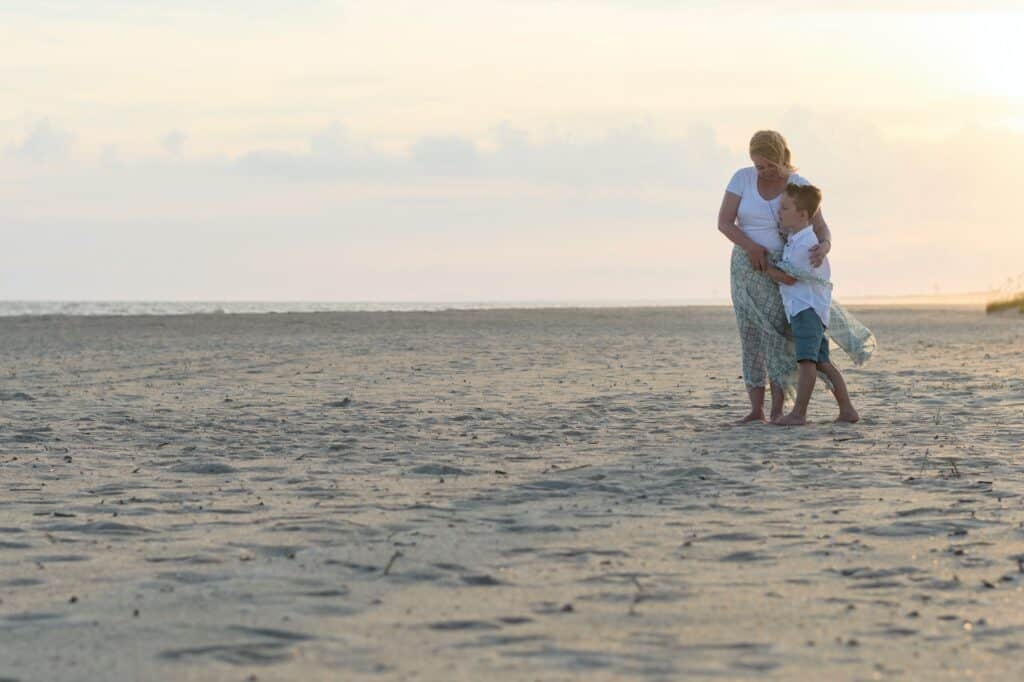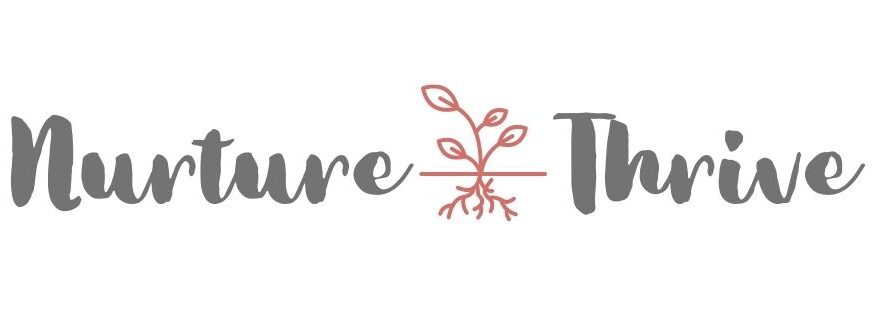
About Nurture and Thrive
I believe good parenting is based on your best instincts and reliable knowledge.
Hi, I’m Ashley. I am a developmental psychologist and a mom. I love kids. I love how they see the world and how they express their emotions and impulses so purely.
My love for children led me to a career in studying their development — how they learn to handle stress and regulate emotions.
After over 15 years in the field, I realized that so much of the information we found through research was never communicated well to the people who could use it the most — parents, teachers, and even counselors — those who are raising the next generation.
That is my mission at Nurture and Thrive — to bring you the knowledge you need to trust the amazing instincts you already have and to gain new practical tools to help you through those tough parenting situations.
“There is really no more beautiful gift than holding space for your child’s thoughts and fears — their hopes and dreams. Hold that space for your child’s heart and mind.”
Ashley Soderlund, Ph.D., RYT 200, Founder & Owner
Raise Children with Big Hearts ❤︎ and Strong Minds
Did you know that there is a literal connection between the heart and the mind? This connection is through a rather large cranial nerve, called the vagus nerve. This nerve creates a feedback circuit from the heart, lungs, and abdomen to the brain.
Babies have this nerve system, but it’s not fully developed in the first few years. To regulate their physiological state babies instead use primitive brain-stem circuits.
Think about the enormity of that, the heart-mind connection is not even fully formed when our babies are first placed in our arms. What an amazing task we have before us as parents to grow and strengthen that connection.
The vagus nerve is the first thing to react to emotion or stress. When you have a big emotion — especially fear or worry — but it could also be big feelings of love, the brain releases its hold on the heart — just in case it needs to start beating a little faster — it will be ready. This is before your palms start to sweat, before breathing accelerates, and before you even start thinking about fleeing or fighting.
All of this happens unconsciously, but you can teach yourself to be aware of it. Through things like meditation and yoga, you can strengthen the vagal system and thus your awareness of it.
The Heart-Mind Connection: How We Learn to Love
- When we teach our children to name their emotions — to speak them out loud and not suppress them — we strengthen this heart-mind connection.
- When we teach our children to breathe through the emotion — we strengthen this heart-mind connection.
- When we teach our children that their feelings are important, and their actions affect others — we strengthen this heart-mind connection.
- When we hold space for our children’s emotions, even the big ones, and the negative ones, all the while setting firm limits on behavior — we strengthen this heart-mind connection.
- When we are the calm in face of our kid’s big emotions, the port in the storm — we strengthen this heart-mind connection.
- When we teach our children to have empathy for others — we strengthen this heart-mind connection.
If we could teach kids to express themselves in ways that honor their emotions and their impulses, but considers others, perhaps we could raise a generation of kids who know authentic compassion. We could make the world a better place.
Join me in nurturing your child’s heart and mind connection based on the science of self-regulation. Let’s nurture them and watch them thrive.

I would love to chat with you. Contact me directly at ashley@nurtureandthriveblog.com.

